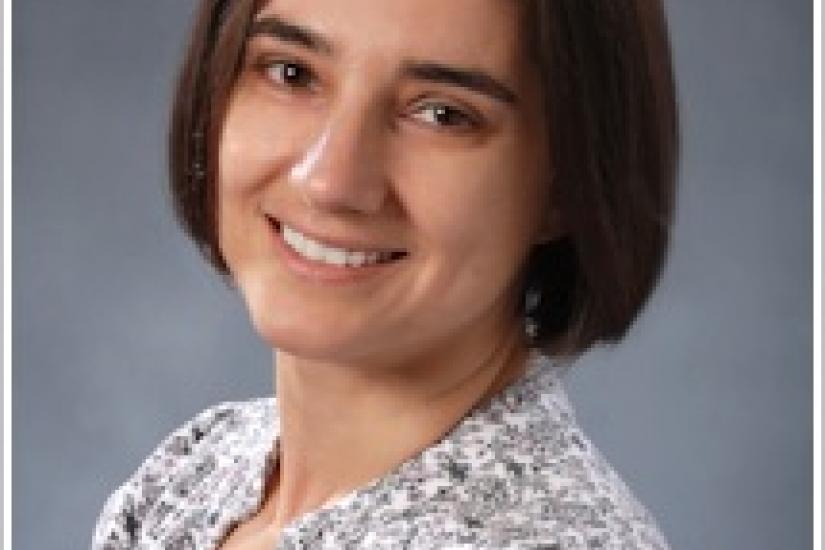
ABSTRACT | My group at Penn State is collaborating with wet-bench biologists to develop and validate predictive models of various biological systems, from the molecular to the ecological level. Over the years we found that discrete dynamic modeling (e.g. Boolean modeling) is very useful in molding qualitative interaction information into a predictive model. The dynamic attractors of these models can be directly related to the real system’s phenotypes and behaviors. We recently developed an efficient method to determine the attractor repertoire of a Boolean model based on an integration of the regulatory network and logic into an expanded network. Specific strongly connected components of this expanded network, called stable motifs, can maintain an associated state regardless of the rest of the network, and thus represent points of no return in the dynamics of the system. Control of (a subset of) these stable motifs can guide the system into a desired attractor. I will illustrate stable motifs and their control on our model of epithelial to mesenchymal transition (the first step toward cancer metastasis).
BIO | Prof. Réka Albert received her Ph.D. in Physics from the University of Notre Dame (2001), working with Prof. Albert-László Barabási, then did postdoctoral research in mathematical biology at the University of Minnesota, working with Prof. Hans G. Othmer. She joined the Pennsylvania State University in 2003, where she currently is a Distinguished Professor of Physics with adjunct appointments in the Department of Biology and the Huck Institute of the Life Sciences. Prof. Albert is a theorist who works on predictive modeling of biological regulatory networks at multiple levels of organization. She is a fellow of the American Physical Society and an external member of the Hungarian Academy of Sciences. She was a recipient of an NSF Career Award (2007), the Maria Goeppert-Mayer award (2011), and the Distinguished Graduate Alumna Award of the University of Notre Dame (2016). Her service to the profession includes serving on the editorial board of the journals Physical Review E, IET Systems Biology, Biophysical Journal, SIAM Journal of Applied Dynamical Systems, and Bulletin of Mathematical Biology, on the advisory board of the Mathematical Biosciences Institute, and as peer reviewer for more than 35 journals.